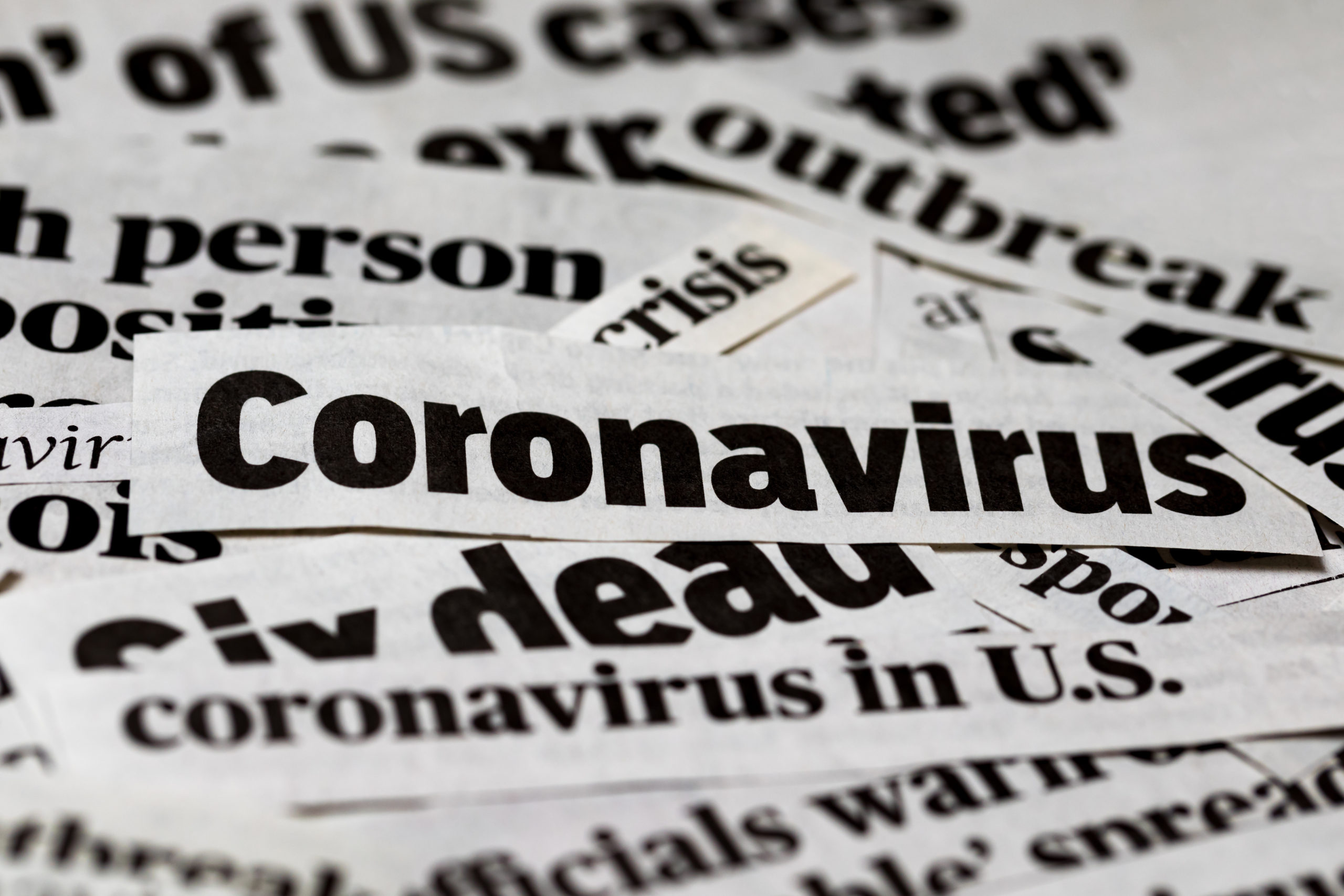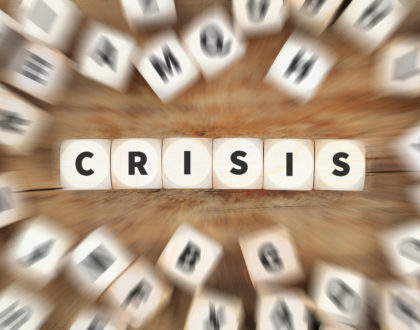How to handle crisis communication during coronavirus

by JPH
Very rarely has there been a case when a singular event is at the top of mind of our entire population. It is safe to say the coronavirus pandemic is one of those cases.
No matter what industry or size of your company all internal & external communications have to consider or be centered on coronavirus. With the impact the virus is having on our economy this is a time where your crisis communications protocols should be activated.
Here are a few tips on how to handle crisis communication during the coronavirus pandemic:
How to handle crisis communication during coronavirus
Corporate Responsibility and Community Connection Should Navigate Your Decisions – accept the fact, if you haven’t already, that this coronavirus pandemic is going to hurt your bottom line in the short term. The decisions you should make should be based on the health and wellness of your staff, community, customer, and the general public. That won’t be e easy when it comes to your bottom line. While any of these decisions aren’t about the best public relations moves the reality when it comes to coronavirus is that these decisions will have the truest positive public relations results for your company in the long term.
Tasks Force Inclusion – Job descriptions and duties for many of your employees will likely have to change during this crisis. Clearly communicating the details of those changes is key. This is one of the prime examples as to why you should have a coronavirus task force that includes leaders from different departments. Naturally, your entire in-house communications staff should be part of that task force.
A crisis communications and public relations team has to constantly look for new angles to share with the news media, have the information to quickly respond to the news media, communicate directly to your customers (social media, email marketing website), and strategize all communications efforts, sometimes in a moment’s notice. As members of the task force, they can most effectively do that.
- Realistic Staffing – Because of the nature of this crisis your communications team is likely understaffed. Any good crisis communicator knows when in an active crisis, and the weeks following that time, the communications team must be available … 24-7. Crisis communicators have to be ready to quickly respond to media inquiries, constantly monitor the latest coronavirus news to know what could impact your community or industry and develop/execute internal and external communications strategies that can change with the news cycle.
If this was a hurricane crisis (pre and post-storm) in most cases you are looking at 3-6 weeks of ‘crisis mode.’ There is no clarity as to how long coronavirus will impact our daily life and business. Perhaps our best idea is the Center for Disease Control’s recent statement to cancel/avoid mass gatherings for 6-8 weeks (article). If that is the case, your current communications team needs support so there is no burnout. If you can, investing in more staff or outside consultants during this time could be critical.
- Be an Open Book via Earned Media and Owned Media – Consumer confidence will have to be earned back, especially if you are a brick and mortar business with high customer traffic (restaurants, hotels, movie theaters). The time is now to share with the public any (for example) and all enhanced cleaning procedures and policy changes for the safety and security of employees, customers, and the community. But don’t just say it. Invite the news media to report on it, Once again, this coronavirus pandemic will dominate the news cycle for an extended period of time.
Along with engaging the news media (who is looking for stories), take the time to have videos produced about coronavirus cleaning and safety precautions your business is taking.
For example, if you are a restaurant you can break the videos down from kitchen cleaning procedures, to food handling, to how chairs and tables and the bar area are cleaned. We know that many restaurants are now closed and only serving via delivery or pick up. Producing these videos and keeping consistent communication should be done now to keep a connection with your customers and plant the seed of customer health and safety once the pandemic levels out.
We have already seen businesses/companies share via statement that their employees are asked not to attend work if they are feeling ill. Turn the statement into a video.
Remember:
- Insivia reports that viewers retain 95% of a message when they watch it in a video, compared to 10% when reading it in text.
- According to Facebook – People are 1.5 times more likely to watch videos on their mobile phones. Who knows what that number looks like when there is social distancing and quarantines in play across the country.
During and immediately after the coronavirus pandemic winds down (or slows down) may be the most important time for one of your potential customers to ever see a video.
If you need a crisis communication PR firm, we are here for you and your organization. As journalists, we have covered our share of crisis. Now as corporate communicators, we use that experience to best manage the news media and produce stories during a client crisis.
Click here to learn more about our crisis communication services, or, give us a call at 561.995.6560
Recommended Posts

Press Conference – Miami Beach Drowning Case – Law Firm Public Relations
September 7, 2022

Coronavirus PR Firm Florida
March 16, 2020

Crisis Communication and the Coronavirus Pandemic
March 16, 2020
